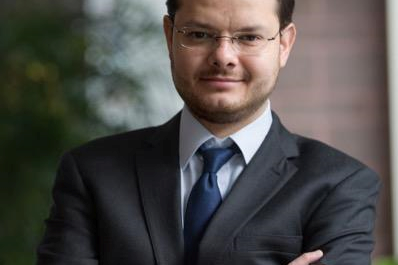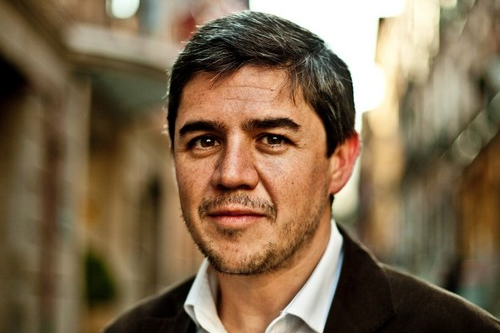
The unit of study of social inequality are not individuals, they are households. Decisions on investment, spending or entering the labour market are made by people according to the characteristics of the households in which they live. The dynamics of the formation and reconfiguration of households can affect economic inequality and processes of poverty and social exclusion. For example, some argue that the increasing economic inequality experienced in recent decades in many OECD countries may be related to new ways of forming couples.
Before the expansion of education for women, men married women who were mostly housewives with lower levels of studies than them. However, with the increase in the educational level of women and their incorporation into the labour market, men with good jobs tended to marry women with good jobs. This could cause some social polarization, to the extent where there was a high salary, now there are two. Nevertheless, because of the gender pay gap, some estimates say this pairing effect on economic inequality is not so great. In other words, given that women with good jobs earn less than men, the gap between families does not increase so much due to this question.
This is what happens at the top of the income distribution. However, at the bottom the situation is very different. Both men and women choose bad jobs, with such low incomes that it often does not compensate for the difficulties of conciliation. Moreover, the very unattractive nature of these jobs means that, for women, the option to devote themselves exclusively to domestic work is more attractive. As proof of this, we have that the participation rates of women with University education are high, regardless of their marital status, while for those with low level of education, participation rates are very sensitive to marital status, and precisely the group which is smaller is the married one. To work eight hours scrubbing floors for 600 Euros, then to continue scrubbing when they get home, is unattractive, unless the husband remains unemployed. Therefore the crisis, this is population segment that most increases the rate of activity.
Clearly regressive policies In Spain
However, this state of affairs can be complicated by divorce or separation. In this case, the income that supported a family now has to support two, which produces an automatic impoverishment of new stepfamilies. To the extent that for women, usually those left with custody of the children, the situation is more dramatic. This explains the high incidence of poverty and social exclusion in single-parent families with children, headed by women. This, the type of jobs to which they have access, and the few benefits of family support.
From the conservative perspective, we insists that family cohesion should be promoted and make separations and divorces difficult, with a tighter legislation, precisely for the sake of children. The easier it is to divorce, the less people will think about it before marriage and before separating. The truth is that even when the law forbids it, there were de facto separations, which left women and children in situations of great distress. Moreover, we can put the emphasis on family or other institutions. On one hand, there is the reconciliation between family life and work. The difficulties of reconciling this expel especially women from the labour market, who find that low wages make working time not worthwhile, or does not compensate the time assigned to domestic work in a patriarchal society, which holds them responsible for family care.
On the other hand, there are social policies. For example, in Spain there are clearly regressive policies, such as those that help women already working through tax relief, which is an insult to the unemployed and the inactive who are considering whether or not to enter the labour market. Moreover, the policies supporting children and the reconciliation are minimal. There is a populist discourse on the benefits of the tax cuts that affirms that the countries with the lowest poverty through redistribution by the state are also those that have higher taxation, such as Denmark. The Spanish tax burden is the lowest in the "old Europe" but we are one of the countries with most child poverty.
As we can see, fighting child poverty means facing several fronts simultaneously. On one hand, improving work conditions and conciliation. In this way, adults will have decent income and more facilities to opt for jobs regardless of their dependents, thus facilitating the consolidation of their careers. On the other hand, we need more universal social welfare policies that guarantee minimum living conditions for children and their families.
#Jose Saturnino Martínez García has a Degree in. Politics and Sociology (UCM), He is a Doctor in Sociology (UAM) and has a Master in Economics of Education and Labour (UCIII). He is a Professor at the University of La Laguna. He has taught at the University of Salamanca, and has worked in the CIS. He was an advisor to the Prime Minister of Spain, and author of Social Structure and Inequality in Spain.









